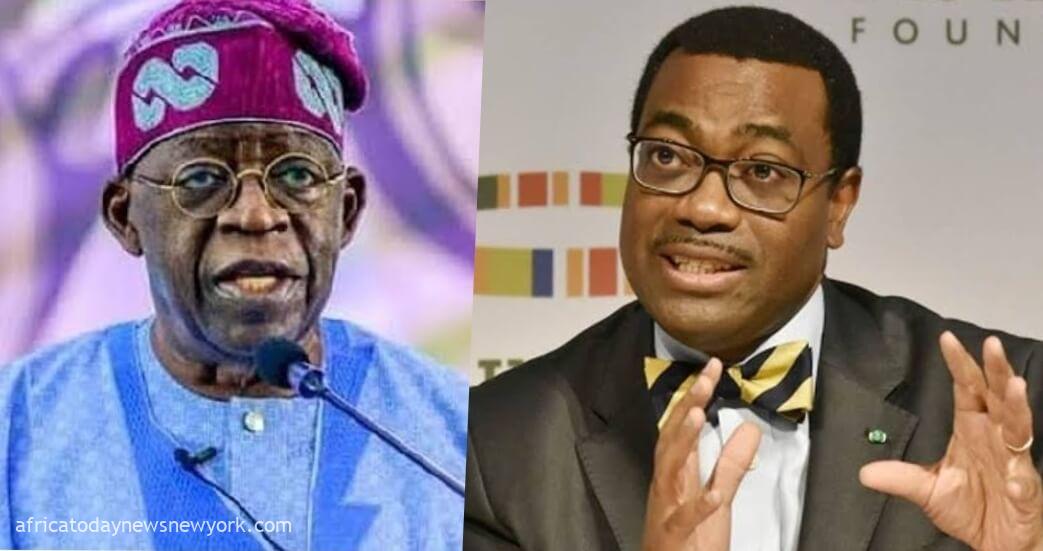The President of the African Development Bank (AFDB), Akinwumi Adesina has asserted that Nigeria’s economy has remained in a downward spiral majorly because people have lost faith in it.
The former Minister of Agriculture made this assertion while speaking in an interview with newsmen over the week in Lagos.
He pointed out that for a country’s economy to work, people must have complicit confidence in it.
He said; “The slide of the naira is because people are losing confidence in the economy. That is why I was saying that the way to deal with that is to see if we can expand the inflows of foreign exchange into the country. And hopefully, I just saw what the Governor of the Central Bank is doing in terms of the Monetary Policy Committee, as regards raising interest rate. I guess that will work, probably for the portfolio investors, but again, there are other consequences it could have in terms of investment in the critical sectors that you need to grow to be able to produce more and have the kind of export oriented-industrial manufacturing stance.
“It is a balance between short-term solutions and long-term structural things that need to be done. I believe we need to deal with the short-term but keep the eye on the long-term structural things that must be done, and I will continue to maintain that. If you have an import-dependent economy, and you have a lot of forex like we used to have in abundance, and we were using that foreign exchange to shore up the naira, we are killing ourselves.”
Read Also: Nigeria’s Current Constitution Can’t Fix Economy – Anyaoku
Adesina seized the opportunity to criticize the devaluation of the Naira, stressing that such policy comes with grave consequences.
“First, that way, you are making import much cheaper because of the overvalued exchange rate.
“Second, you also have a situation that is killing the domestic economy, because the productions of other industries are negatively affected by that.
“Third, the non-oil economy that you need to be much more performing requires revalued exchange rate, because they are not traded in dollars, but in domestic currency equivalent. That means if your currency was much more devalued but not collapsing, you would have had a lot more opportunity to be competitive in the export of other items. It is like a flood is coming and you are trying to use your hand to stop it. Eventually, the flood will carry you and your hand away. I think we need to take a very serious look at that.
Africa Today News, New York reports that the Naira devaluation is one of the policies that was implemented by the Bola Ahmed Tinubu administration last year which has left massive problems for the import-dependent Nigeria.

